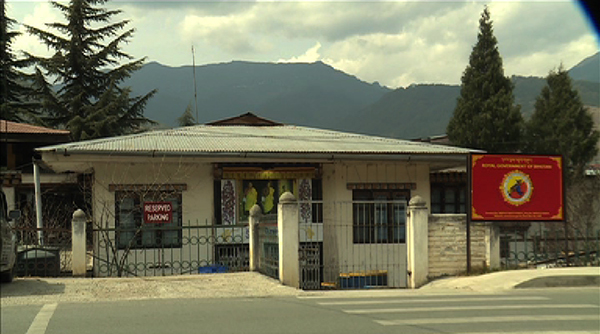 Apart from unemployed youth, students continue to be one of the most drug users in the country. According to the records maintained with the Bhutan Narcotics Control Authority (BNCA), there were more than 200 students who were caught abusing drugs last year.
Apart from unemployed youth, students continue to be one of the most drug users in the country. According to the records maintained with the Bhutan Narcotics Control Authority (BNCA), there were more than 200 students who were caught abusing drugs last year.
As per the report maintained with the BNCA, most drug users are students age ranging between 18 to 24 years. They were mostly found abusing cannabis.
Peer pressure is one of the reasons students say they were entangled in drug abuse.
“I abused drugs due to peer pressure. They said after abusing we will have peace of mind but I think rather than peace, it makes us lose interest in studies and we couldn’t get hold of ourselves. The more I abuse, it made me sad rather than making me happy. And, It’s really sad when our parents know about it,” said a student.
Another student who has become dependent on drug says he was influenced by his friends. “I then landed up abusing drugs. After that, it became my habit,” he said.
As an intervention, the BNCA is certifying all the school guidance counsellors as an addiction professional after undergoing universal treatment curriculum programme to help the students abusing drugs.
“The certified addiction professional will be carrying out brief intervention referral for treatment, an evidence-based treatment programme in all the schools to identify the integrated students who are abusing drugs. So, later on, we will also like to start the school-based substance use prevention framework, a nationwide standard prevention framework that will help all the schools to establish the prevention programme in schools,” said Nima Damdul, the Chief Program Officer for the BNCA.
Meanwhile, the number of students abusing drugs has decreased last year compared to the previous years. In 2019, the number of drug abuse among students was 335 and last year it has dropped to 229. However, according to the BNCA, the decrease is due to intensive patrolling and the non-availability of some controlled substances.
As per the severity of addiction, they are referred for either treatment counselling or for brief intervention.
Pema Seldon Tshering






